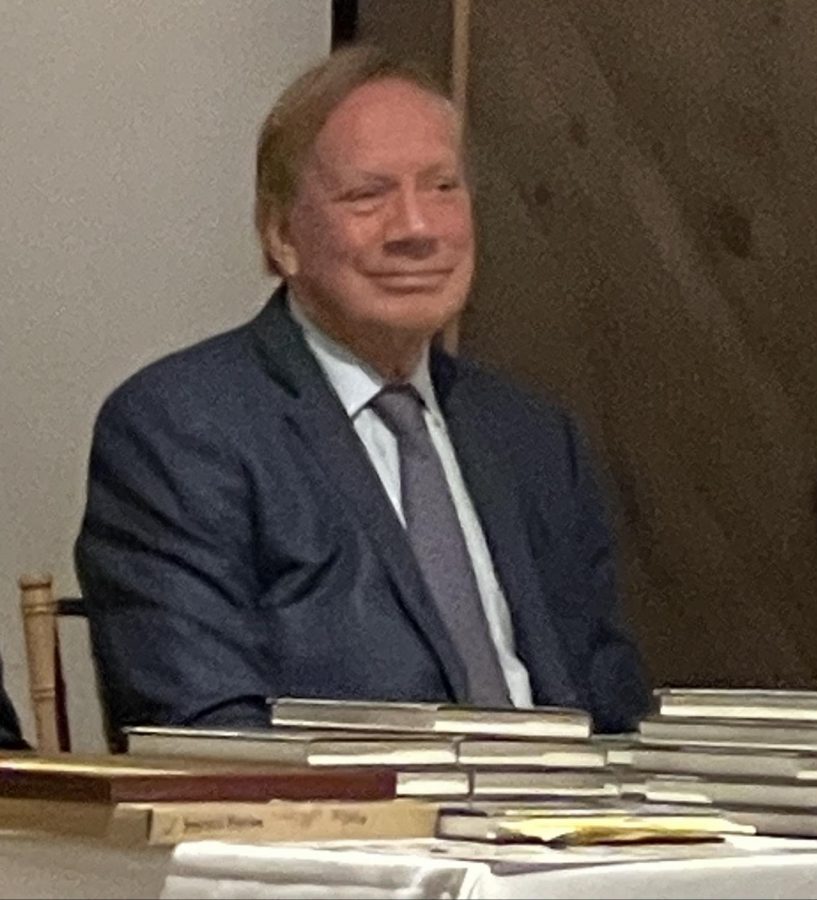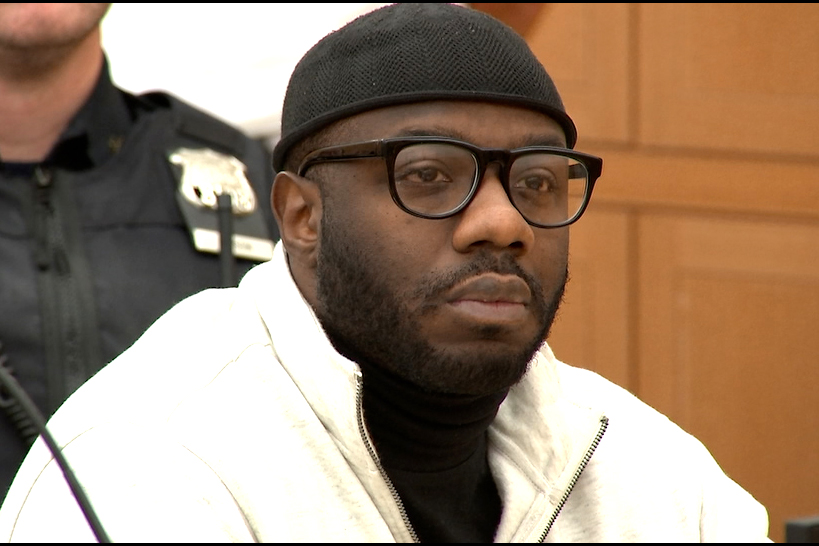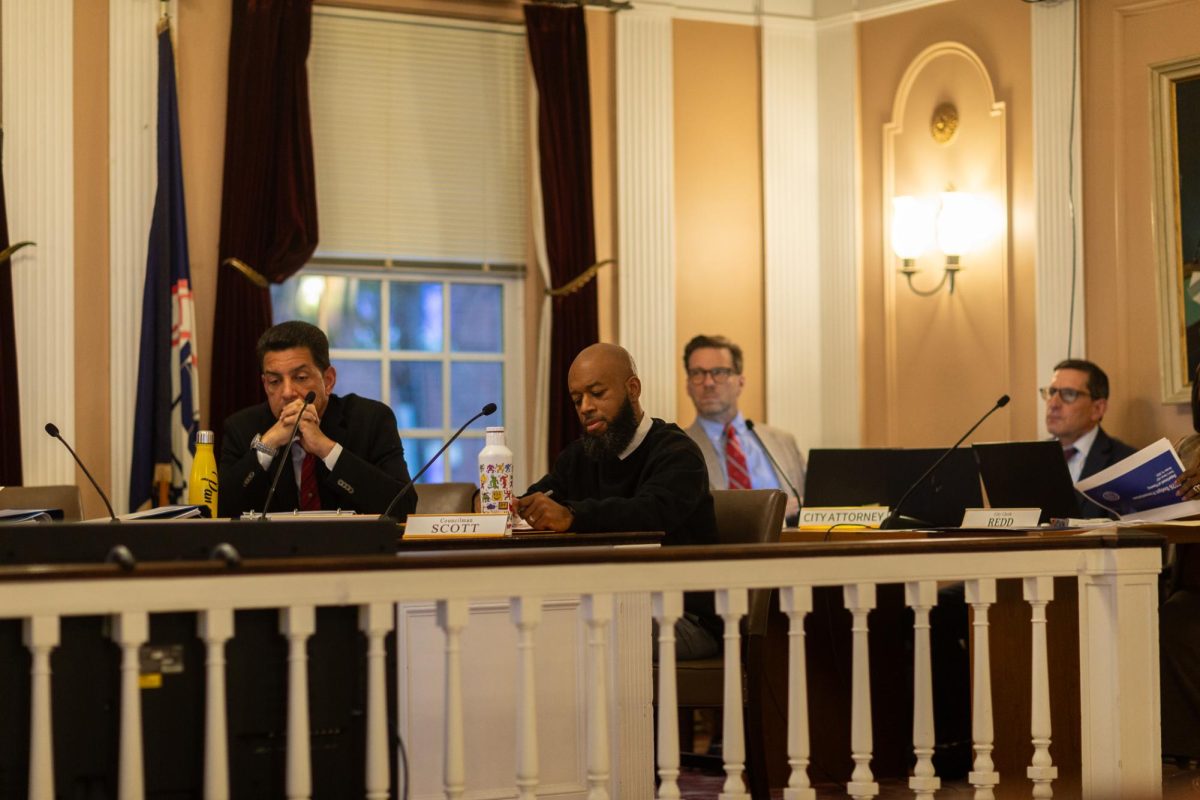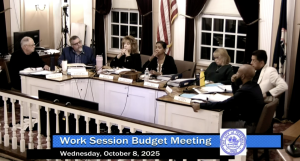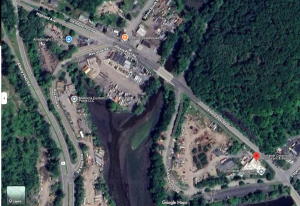Promoting new book, Pataki reminisces on life in Peekskill
Says he’s not interested in running for office; “denies rumored run”
October 21, 2021
Peekskill native son, former Governor George Pataki returned to his hometown on Wednesday as the guest speaker for the Peekskill Museum’s 75th anniversary celebration at Factoria on Charles Point. “It’s a very emotional night for me, very moving, coming back here. I’ve always been and will always be a Peekskill guy,” said the 76-year-old Pataki to the crowd of 100 guests.
He recalled working in the same room when it was part of the Fleischman’s operation, and doing a shift on the assembly line of the small empty bottles that were going to be filled with gin, to be served by airlines. “It was like a Charlie Chaplin movie,” he said of the production. “I worked at almost every building here at the plant,” he said, and spoke of how his father and grandfather lived in Fleischman houses located where the Wheelabrator plant is now. “This building, this place, this history means so much to me. I joined the museum because I didn’t want to see Peekskill’s great history lost,” said Pataki who was mayor of Peekskill from 1982 to 1986, and went on to serve in the NYS Assembly and Senate before winning the gubernatorial seat in November of 1994. He served three terms as governor, from 1995 to 2007, and is the most recent Republican to hold statewide office in New York.
Pataki brought copies of his new book, “Beyond the Great Divide, How the Nation Became A Neighborhood” with all proceeds going to the Peekskill Museum.
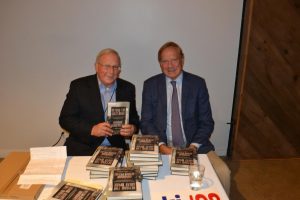
In taking questions from the audience, he quashed a recent rumor, and said he’s not running for any political office. He did say he ran for governor in the 90’s because he saw how Albany forgot small government by passing rules with no idea how they would impact local governments. He was the first chief executive in 150 years to serve as mayor before becoming governor. “I understood the different levels of government and that helped me enormously. There are advantages in understanding the nuances of local government,” said Pataki, “It also helped me to reach across the aisle.”
In an example of bipartisanship, he quoted Bill Clinton and Ronald Reagan on how to compromise and use practical solutions rather than adhering to an ideology when there were different points of view. Pataki’s espousal of ‘reaching across the aisle’ was evident in a story shared by Peekskill resident John Isabella, Jr.. Isabella recalled coming home one day to see his dad, who was running for Common Council, out in the garden of his home on Union Avenue talking with someone. Isabella remembers saying to his mother, “who’s that guy outside with dad?” When learning it was Lou Pataki, George’s dad, he said “but isn’t that the guy who’s running against dad? And he heard the reply from his mother, “yes, but it’s okay, they’re friends.” It was that type of relationship that has shaped George’s political career.

Current Assemblywoman Sandy Galef and Cortlandt Supervisor Linda Puglisi spoke of the good working relationship with Pataki while he was in Albany, even though they are from a different political party. They expressed agreement with what Museum Trustee George Oros said in introducing Pataki as a governor of “integrity, inclusion and intelligence.” Pataki, a graduate of Yale University and Columbia Law School, related an experience from early in his career, when he resigned from a Wall Street firm and returned to the Frost Lane farm where he grew up. He was helping his father sell vegetables at the Farmer’s Market on Bank Street. His friends from the Wall Street firm came to visit and quipped that he was the most over educated farmer in the state. “Some of my fondest memories are of the farm where my kids were born and raised,” he added while reminiscing about his father peddling vegetables around town with a horse and wagon until the 1950’s. “It was about producing something really good and getting it to people and making them really happy,” he said of the farm.
Pataki talked of his experience of growing up in Peekskill as a diverse community where there were different racial, religious, economic and ethic groups but it wasn’t about the differences. “It was always about the type of person you were.” He said he’s troubled by today’s ‘cancel culture’, and said ways are needed to talk civilly and try to find common ground. He understands the general distrust of the government and says it’s justified, but that the way to regain that trust is to tell the truth even when it’s not popular, and not let lack of political courage get in the way.
His book recounts his experiences in politics and especially after the attack at the World Trade Center in September 2001. “When there’s a crisis you put aside personal things. Guliani and I never got along particularly well,” he said, referring to NYC Mayor Rudolph Guliani. On the morning of the terrorist attack Pataki was in New York City and by that afternoon Guilani had set up a temporary command in lower Manhattan. “I’ll be right there,” Pataki said and he took his team of key state players and went to the command center the mayor had set up. “We were in the same room at the same table so there’s never a misstep. I thought, you do this in a crisis, you set aside feelings and personalities and do what’s right.” That’s not what he saw happen during the pandemic in New York between Governor Cuomo and New York City Mayor DiBlasio.
One guest mentioned that she’d heard Pataki learned Spanish by watching the Spanish-language broadcasts of baseball games. He said he took Spanish classes at Peekskill High School where he was “fluent with about four or five words.” And he would also watch Spanish-language television to pick it up. But he learned the most from the Spanish speaking state troopers who were assigned his protective detail when he was governor for 12 years. “I learned a little at PHS, and a little from TV, but I learned a lot from riding with the state troopers,” he laughed, relating a story of coming home from the campaign trail and his ‘drug of choice’ was watching ‘stupid TV’ to relax. “At the time there was a man who spent $78 million taking out ads on TV saying ‘Pataki is a crook’, and those ads started appearing on TV.” When he turned off the ‘stupid TV after seeing that, and switched to Telemundo – and then heard the same ad in Spainsh – he “totally turned off the TV.”
This is just the sort of relatable quip that helped Pataki cross partisan lines in his political career, and that keeps him universally approachable in his retirement.


